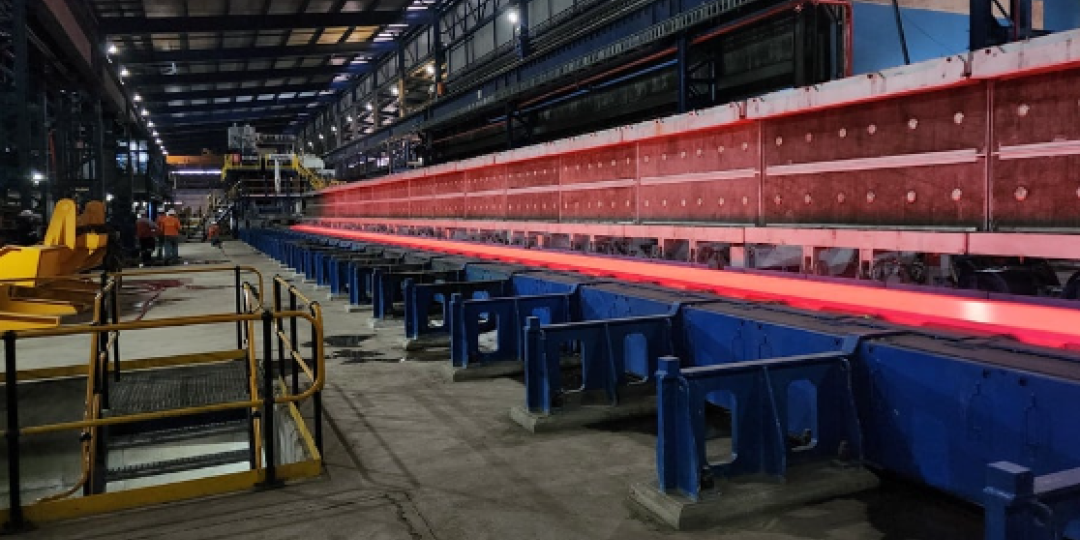More than R5 billion has been invested in the new steel plant at Scaw.
Scaw Metals has invested R5 billion in the development of a new steel mill in Johannesburg, positioning the company to replace hundreds of thousands of tonnes of steel imports with locally manufactured products.
The local manufacturer of long steel products, which competes with ArcelorMittal South Africa (Amsa) and many mini-mills and micro mills across the country, is likely to replace some R4bn worth of products that are currently imported, according to a News24 report.
This significant investment will propel Scaw to become the first company to compete with Amsa in terms of flat steel production since Evraz Highveld Steel closed down in 2016. The company will produce a range of flat steel products that are imported from China because Amsa is unable to produce sufficient volume to meet local demand.
Amsa produces approximately two million tonnes of flat products annually, and the market imports about 600 000 tonnes to meet demand. Scaw is expected to meet more than half of this demand in future, producing between 300 000 and 500 000 tonnes annually.
“The majority of what we’re going to produce is thin gauge hot rolled, which is currently being imported,” Scaw CEO Doron Barnes told News24 during an interview at the company.
“This is state-of-the-art, the leading technology and fully automated. We’re going to replace four billion rand a year of imported steel.”
The flat steel mill was procured from Italy’s Danieli Group, which supplies equipment and plants to the metal industry, and is among the investments pledged by business under President Cyril Ramaphosa’s investment drive.
Scaw funded two thirds of the development and the balance was provided by a group of financiers.
Barnes said R2.5bn of the cost of the development had been spent locally, with more than 1 000 shipping containers arriving in the country with materials and equipment. He said 3 500 jobs had been created during the two-year construction project.
“As producers of steel…we need to develop an efficient market. We need to become competitive manufacturers here in South Africa,” he said.
The company also recently invested an additional R1.6bn upgrading its existing operations.
Barnes added that the policy of levying a 20% export tax on steel scrap, a key input in steel making, had benefited local steel producers, while the preferential pricing system (PPS) had helped to bring down input costs.
According to the PPS, scrap dealers must first offer their products to steel mills at a 30% discount before any export permit may be approved.
However, Amsa, which does not use scrap in its manufacturing process, has called for a policy change and for the scrapping of the export tax.



